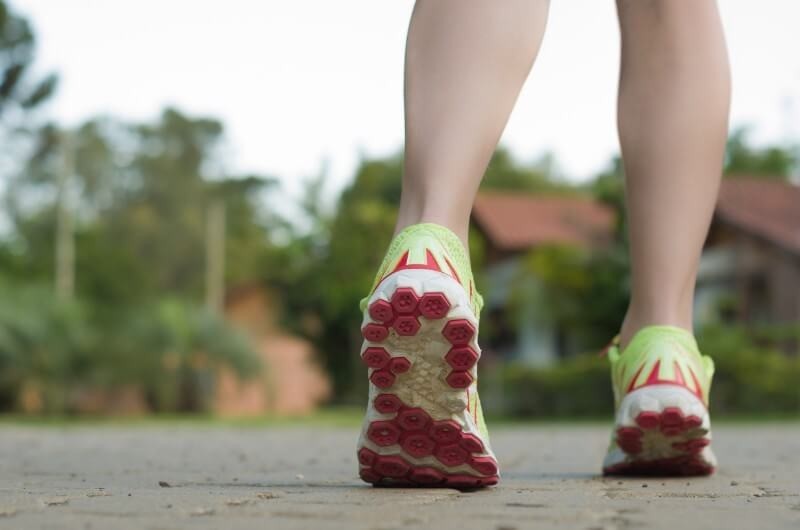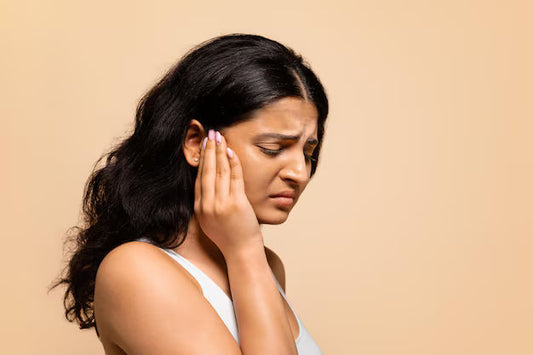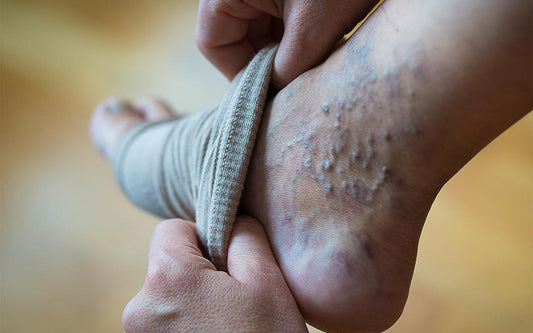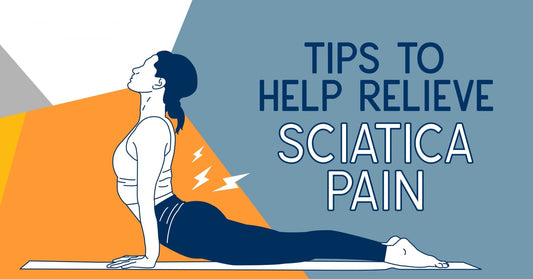
Scientists Say a Small Walking Change Could Save Your Knees From Joint Pain
Almost one in four adults over the age of 40 live with painful joint pain, a condition that has become one of the leading causes of disability. The disease gradually wears away the cartilage that cushions joints, and there is currently no way to restore this damage. For now, treatment typically focuses on pain management with medication, followed eventually by joint replacement.
However, researchers from the University of Utah, New York University, and Stanford University have demonstrated that a tailored adjustment in walking technique—specifically, modifying the foot angle—can deliver pain relief on par with medication. Intriguingly, this approach also slowed the degradation of knee cartilage relative to a placebo group over the course of the trial. This finding comes from the first-ever placebo-controlled, randomized study validating a biomechanical intervention for joint pain.
Personalized Gait Retraining: A Novel Therapeutic Approach
In this year-long clinical trial, participants with mild-to-moderate medial knee joint pain underwent personalized gait retraining. Each individual’s optimal foot-angle adjustment was identified using motion-capture systems and sensors to measure joint loading. During weekly sessions, participants received vibrational feedback to reinforce proper walking form and internalize the new gait pattern.

The results were compelling: participants saw significant pain relief akin to that achieved with conventional medication—and, crucially, showed slower cartilage deterioration compared to those in the placebo arm.
A long-term option
Participants’ ability to adhere to the intervention over long periods of time is one of its potential advantages. “Especially for people in their 30’s, 40’s, or 50’s, joint pain could mean decades of pain management before they’re recommended for a joint replacement,” Uhrlich said. “This intervention could help fill that large treatment gap.”
Why This Matters
- Precision Therapy – Rather than one-size-fits-all solutions, this study developed individualized walking adjustments that effectively redirect joint stress away from vulnerable cartilage .
- Accessible Treatment – Gait retraining could be delivered through biomechanical labs or even wearable devices and apps, offering an accessible route to pain management—without medications or invasive surgery.
- Potential for Long-Term Impact – Beyond symptom relief, this approach preserves joint integrity by slowing cartilage degradation—suggesting a strategy to modify disease progression.
Looking Ahead: What Comes Next?
The promising outcomes of this trial pave the way for new therapeutic options in managing joint pain. Future directions may include:
- Wider clinical trials to validate findings across populations and timeframes.
- Technologies for remote gait training via wearable sensors or mobile platforms.
- Integration with established non-drug therapies, such as braces or physical therapy, for a multi-modal treatment strategy.
Final Thoughts
This landmark study marks a transformative step toward nonpharmacologic, noninvasive interventions for knee joint pain. By harnessing personalized gait adjustments, researchers have unlocked a scalable, low-risk therapy that not only eases pain, but also protects cartilage—offering hope for long-term joint health.
Learn More About Us
If you have joint pain, muscle pain or headaches that makes it hard to move, Zanskar offers the most advanced full stack pain relief solutions for you.

Now available to purchase, Zanskar® pain-care range have unique bio-active formulations. It provides lasting relief from muscle and joint discomfort that you can feel good about. Get your fix before stocks run out - buy now.
You can also gain access to therapeutic exercises and stretches for your condition by downloading the Zanskar Health physiotherapy mobile app. Additionally, you’ll have a personal care team to guide, support, and tailor our program to you, including behavioral and nutritional coaching.
Download our mobile app here 👉 download and track your exercise streak.
Medical Review: This article is written and medically reviewed by Dr Nishtha Mittal (Senior Health Content Editor at Zanskar Health). This article and its contents are provided for educational and informational purposes only and do not constitute medical advice or professional services specific to you or your medical condition.







